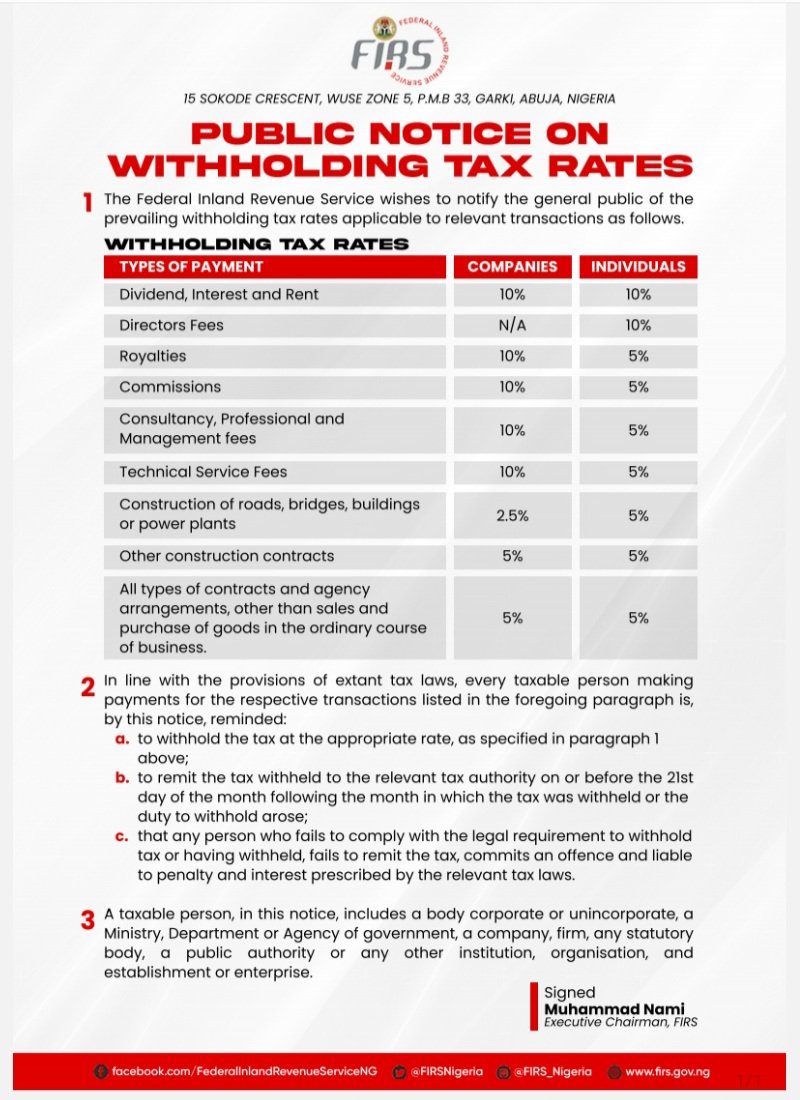
The research by Wittengborg University about the flow of African students in foreign universities also provides an interesting perspective about studying in foreign countries and the potential that is within Africa as a continent. There are two key aspects of the report that I found most interesting. The major destination of African students in foreign universities and the country of origin of these foreign students. According the report, 29% of foreign students from Africa go to universities in France, 15.1% to South Africa and 9.7% each to the United Kingdom and the United States. The remaining percentage of the students goes as follows: Germany (4.7 %), Malaysia (3.9%), Canada (2.9%), Italy (2.0%),Australia (2.0%), Morocco (1.8%), Angola (1.7%)
From this aspect of the report, it is clear that apart from France, majority of African students prefer South Africa over the United States, United Kingdom, and other Western countries mentioned in the report. We need to ask the question why is this so? In addition to other African countries, Morocco and Angola are attracting international students from the continent. With regards to the interest in South African Universities the Wittengborg University report stated that “South Africa – which principally caters for students from English- speaking countries such as Zimbabwe, Namibia, Botswana and Lesotho – is described as “less bureaucratic” than Europe or the US when it comes to obtaining visas. It is also seen as “accessible, dynamic and stable” as well as less expensive. Its public universities are of high quality”.
There are important learning points from the South African experience. First is the confidence of countries in the Southern African sub region in universities located in South Africa. Secondly is the quality of education which is of the same standard with the best universities elsewhere around the world. Thirdly is that the best universities are actually public universities, and are accessible to people from outside the region. This also goes to tell us that the one who has monopoly on education is the one who provides the highest quality of education. I vividly remember a story I was told by Dr Kabir Kabo during a visit to him in Manchester about the expensive nature of British Universities. He told us that when Margret Thatcher was told that the reforms she was proposing in the UK educational system will send international students away, she replied that as long as there is quality they will come. It is interesting also, just like South Africa, the best universities in Britain are public universities, though with other sources of funding outside the public treasury.
With regards to Morocco, the report suggested that “Morocco… hopes to attract more by offering a high quality system, including properly accredited private institutions and branches of French and other foreign universities, at lower cost to students than in Europe. Courses are diverse, and the disciplines that are mostly chosen by students from other African countries include medicine, engineering and administration”, while Angola “Angola…caters mostly for those from its Portuguese-speaking neighbours Cape Verde and São Tomé and Príncipe, followed by students from the Democratic Republic of Congo, Guinea-Bissau and Mozambique. According to the report, it serves to fill gaps in students’ domestic higher education systems”.
If you look at the key issues raised in this report, there is something conspicuously missing. In the educational hubs emerging in the African continent, there is no mention of a country from the West African region. Yet there is an elephant within that region known as Nigeria with the highest population in Africa and potentially higher number of educational institutions. Not even Ghana, the emerging destination for Nigerians who lost confidence in the Nigerian universities, but do not have the economic viability to attend universities in Europe and North America is mentioned. A food for thought. What about the country by country ratio of students going out of the continent for higher education? Join me next week for an update (God-willing).
Muhammad Jameel Yusha’u can be reached at mjyushau@yahoo.com








